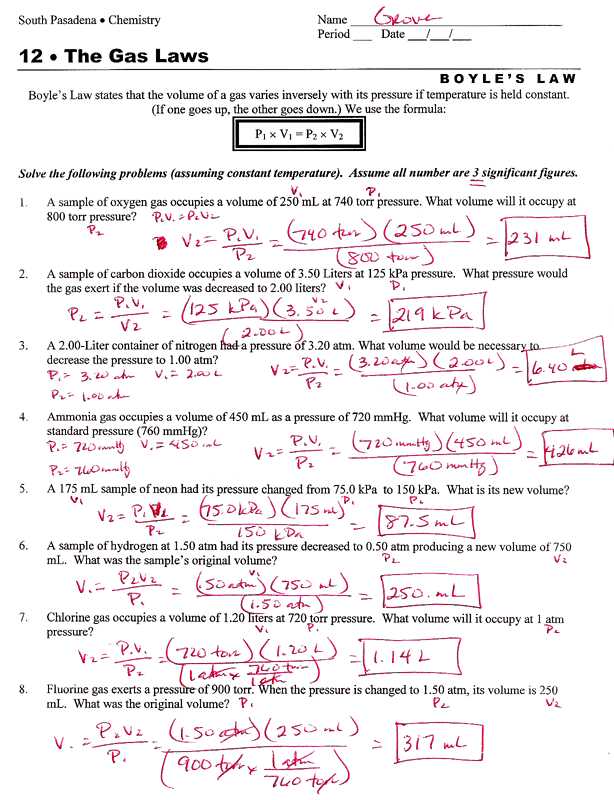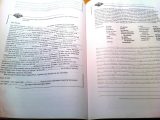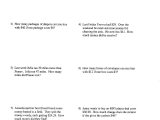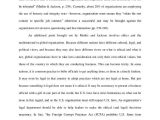Here are some Combined Gas Law problems worksheets answers to help you and your legal team understand the methods and procedures involved in reducing your chances of being convicted. The first question is “What is the difference between a misdemeanor and a felony?” A felony is a crime that is punishable by a prison term. This is generally a violation of the law with more than one penalty.
Understanding this definition will help you better understand your combined gas law problems. The next question is “What is the difference between a misdemeanor and a traffic violation?” A traffic violation is a violation of the law that does not involve any sort of physical harm. A traffic violation could be a license suspension, speeding ticket, or the like. It is also possible for a traffic violation to result in a fine.
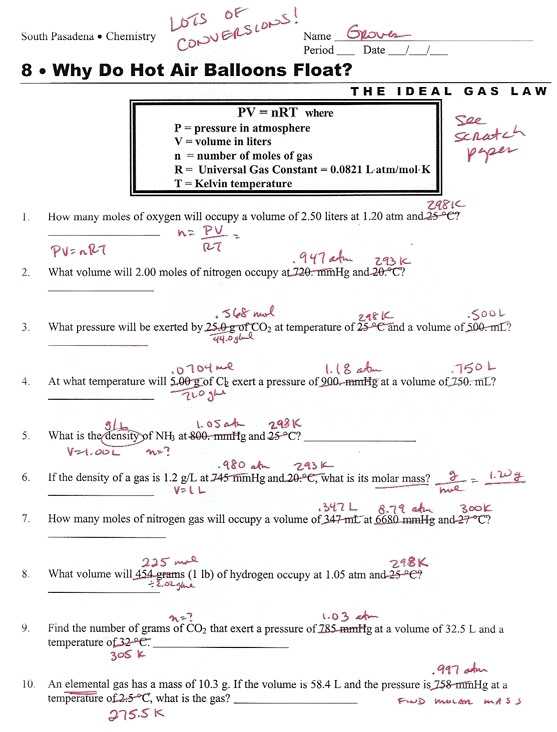
Understanding the penalties for these offenses will help you understand your combined gas law problems. How are these offenses viewed by the law? This is a good question to ask before getting your answer from a legal expert. Keep in mind that just because an offense is a misdemeanor doesn’t mean it won’t affect your life and that of your family.
The next question to ask is “What are some cases in which my business is considered a nuisance?” This question could have many different answers depending on the location of your business. For example, if you are opening a store in a city with a high crime rate, the answer to this question may be very different than if you were opening a store in a safe community with a low crime rate. Many factors can influence a jury’s decision. Just keep in mind that having a nuisance business will affect the decision in court.
The next question to ask about combining gas law problems is “What is an owner’s liability insurance?” This is a very important question that can affect your chances of winning the case in court. Insurance coverage is a way to protect you and your business from financial harm. It is also a way to protect your property from damage. When you have a lower insurance coverage amount, you are much more likely to get into a situation where the insurance company wants to settle the claim for less.
This question is also very important when it comes to combining gas law problems. Getting a lower insurance rate is the goal of most companies when they close a deal to get a business to purchase a policy. You have to take advantage of the situation and consider the business owner’s liability insurance needs when you are choosing the correct policy.
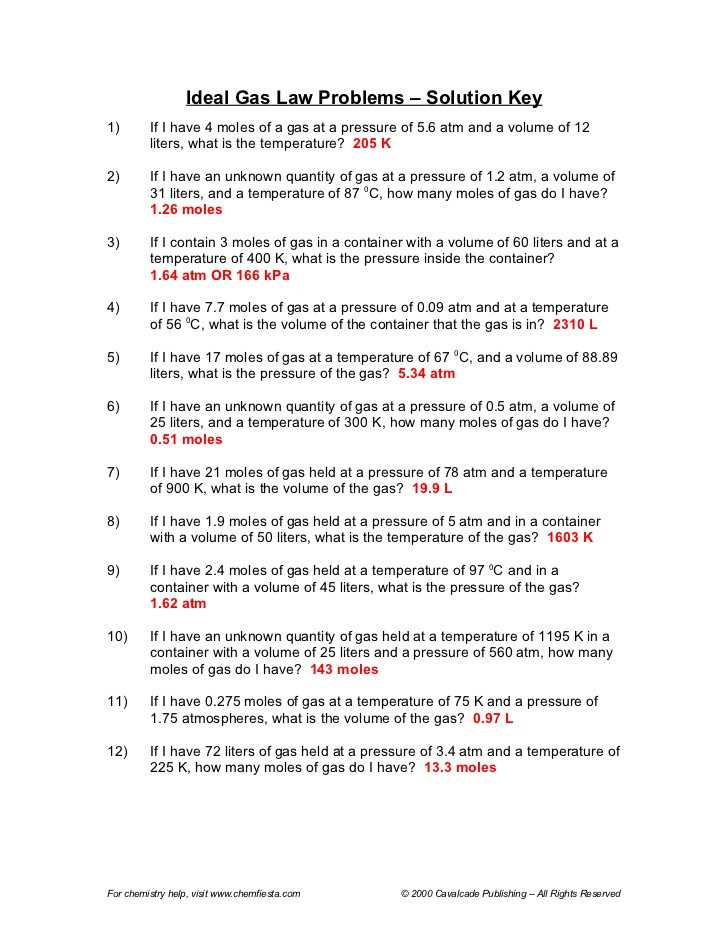
The final question to ask is “What is the definition of a charitable purpose?” A charitable purpose is a reason that the government is taxing your business in the first place. This is the reason you have the tax levy on your business and you need to find out what is not considered a charitable purpose before purchasing any policy.
These are three questions you should ask to prepare for your combined gas law problems. Remember that this is only the tip of the iceberg. You still need to learn about your state laws and determine the best way to resolve your case.
